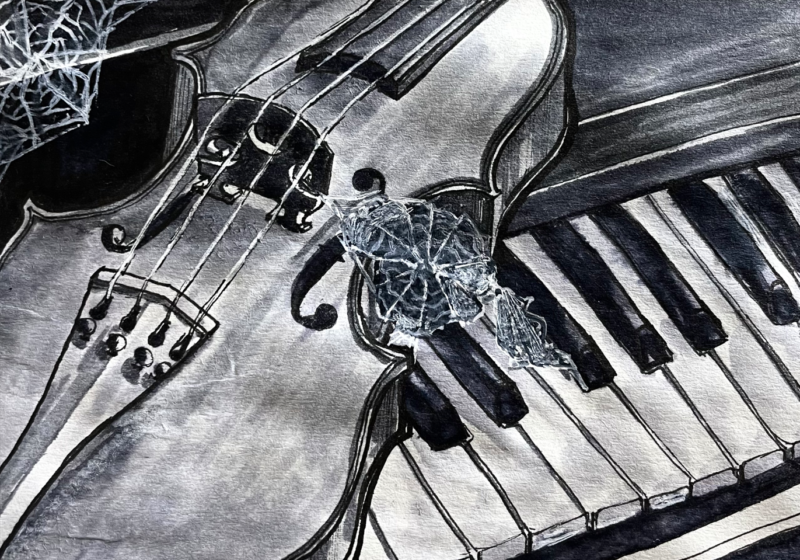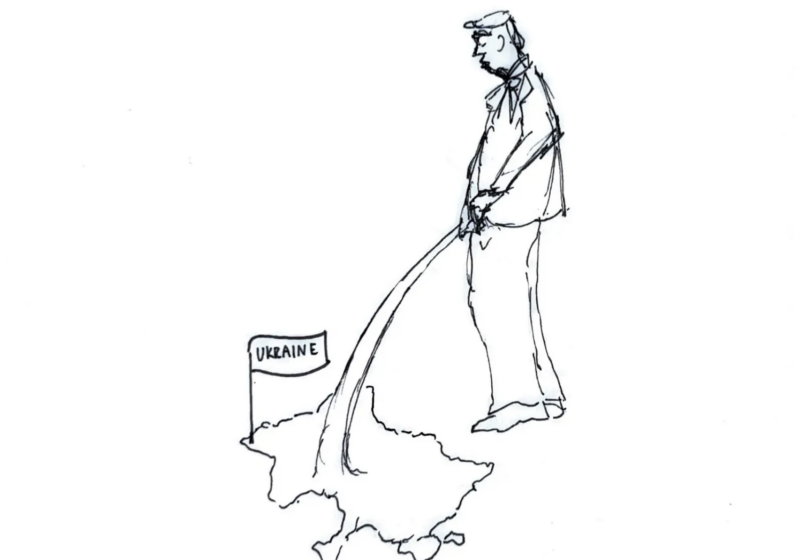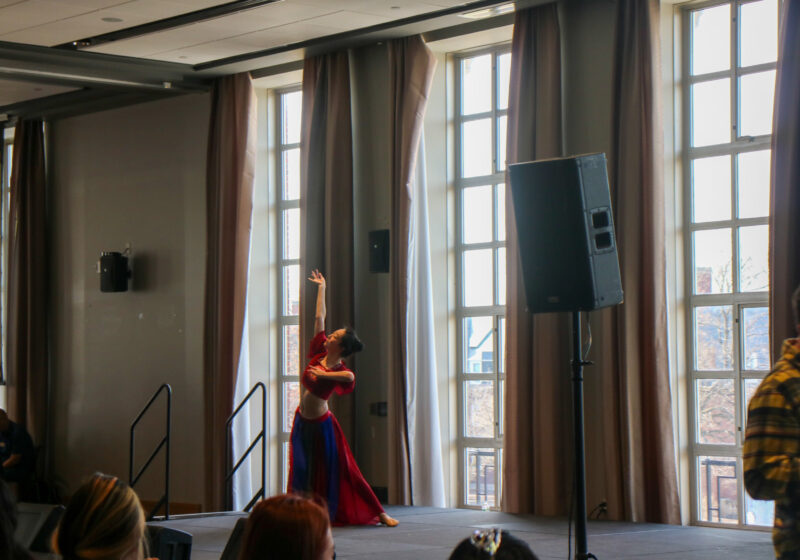There’s a Taiwanese film called “A Secret that Cannot Be Told,” directed by the renowned ‘King’ of Asian pop music, Jay Chou, that I watched years ago in my childhood: a love story across time, one where your classic Romeo-and-Juliet romance meets a dimension in which Chopin’s waltzes reign and love reverberates through piano strings. It follows XiaoYu, a girl from 20 years in the past, who teaches her unknowing lover a piece that allows the player to travel through time depending on how quickly it is played. As she time travels back and forth between the past and his present time frame, with him obliviously learning the piece, I marveled at their musical genius. I imagined myself learning the difficult etudes they played, the melancholy melodies they dueted. I envied the naive laughter they shared, the connection they formed over a secret for two but really only known by one. And after teaching myself the time travel theme on the piano, it still haunts me to this day every time I play it, like it did for XiaoYu.
Lately, there’s a part of me that’s been missing. For a while I couldn’t quite tell what it was exactly, but between the recurring bouts of nostalgia and scent of the refreshing autumn air replacing summer’s sticky humidity, I made the trek to Gilbert Hall to play the piano. It was exactly as I remembered before I left Rochester for the summer — one of the few constants in my life when everything’s moving and changing in a whirlwind. Only this time, there was someone already playing. As he played tune after tune, fingers flying to a jazz-funk across the keys, my non-musician friends — but mostly I — stared in awe. The same unsettled feeling came back in waves, mixed with fascination and nostalgia. Because he was doing exactly what I wanted to be doing — I just couldn’t do it anymore.
After he left, I eagerly sat down at the bench. My wrists maintaining a neutral position, my right foot finding the pedal, my fingers falling on the keys like in slow-motion, I played. But this time, unlike a couple years before college, my fingers no longer remembered. They stumbled, tripping on the rolled chords. They missed notes left and right, the mistakes echoing throughout all of the first floor. The dopamine rush to my head that usually arrives after nailing whimsical arpeggios fell to embarrassment when the mind-muscle connection was lost and my playing paid the price. I didn’t time travel when I played anymore.
I’ve played for friends before back home. I’ve performed at countless recitals throughout middle and high school, and practiced for countless hours in days so long ago. But at that moment, I only felt ashamed. I was utterly dejected, regret seeping its way into my fingers as they slowly and finally remembered and started playing some melody mindlessly, almost robotically. I was disappointed in myself. Now, my fingers were blind and weak; they didn’t remember and couldn’t see the music. They couldn’t play the keys in the same way, and they failed. They couldn’t translate the pent-up, mixed feelings I’ve nursed, couldn’t express what I wanted to say — needed to say — without words. They couldn’t do my past self justice.
When you lose a part of yourself, it never really comes back completely. Music comes back to me in bits and fragments — flashbacks when I pass by a student on Eastman Quad backpacking a cello or hear the carillon bells playing in the evening. It flickers in and out with the occasional late-night insomnia reminiscing. While I can’t time travel when I play, I’m constantly time traveling in my mind. I’m living through an identity crisis of sorts, only just fractaled across the fourth dimension and manifested not through teenage rebellion but through a confusion of longing and inability.
I still miss practicing in my high school’s music room. I miss playing the piano when no one was there, the sunlight filtering into the upper windows at dusk and lighting up some magic like in a movie scene when you leave a girl alone in a room full of possibilities for too long. I miss locking myself in the practice rooms, cranking out scale after scale on my violin until my fingertips were raw and callused, with friends tapping on the glass door begging me to come out. I miss how before concerts, we’d all huddle backstage in our black formal attire — the one and only day you’d get us to dress fancy, which we secretly love but will never admit — chattering animatedly and still high on the adrenaline rush.
But real life isn’t like the movies. Unlike XiaoYu, no matter how fast I play, I can’t go back. The same feeling is never there. I am playing — sufficient to quench the aching desire in my fingers, but forever inadequate to ease my emotionally unmended uncertainties. My music now doesn’t make you want to dance, want to cry, like how it could before. Like one of my old conductors said, you can’t rush musicality. It’s possible to learn the correct notes quick enough, but the passion and the expression need time to develop and simmer, for a piece’s soul to be nurtured and drawn out into existence. Now I only have envy for the past, the kind that twists up your insides and makes your heart drop to your stomach. I’m frustrated and nostalgic and hopelessly stuck between who I was and who I want to be — both the same person — and my present self needs to catch up.







